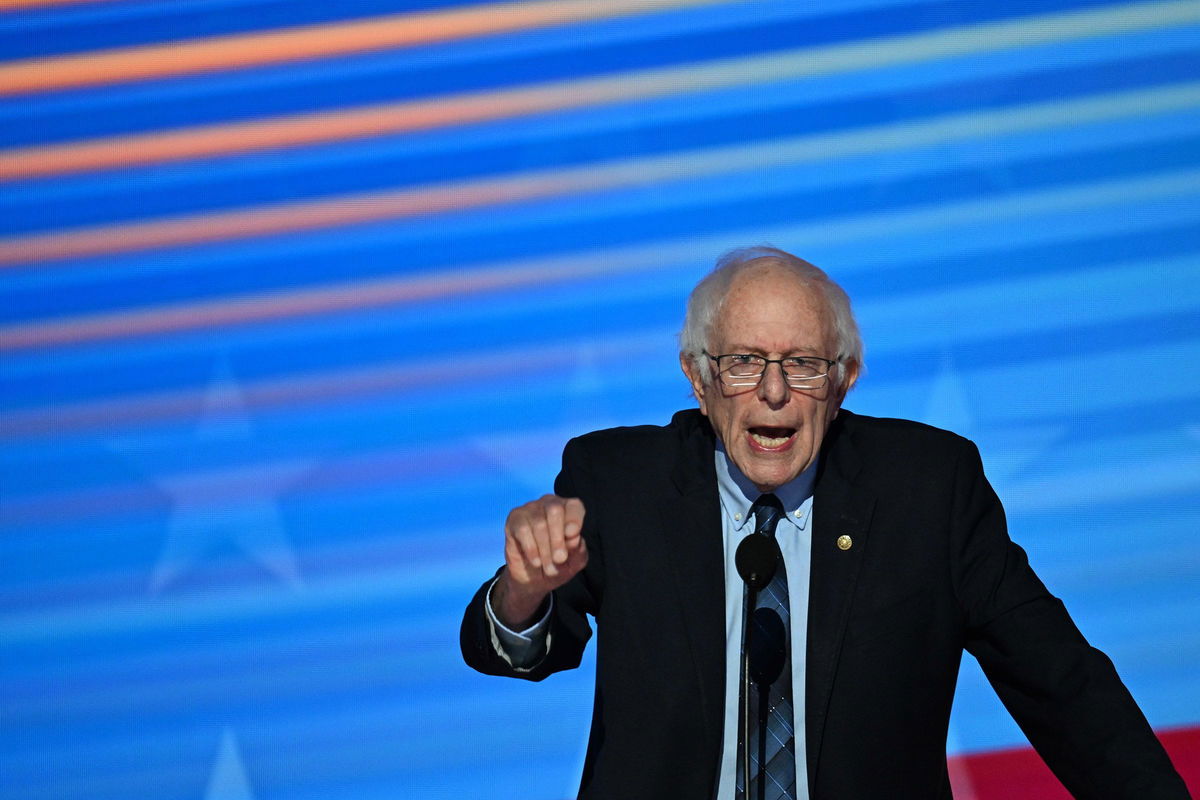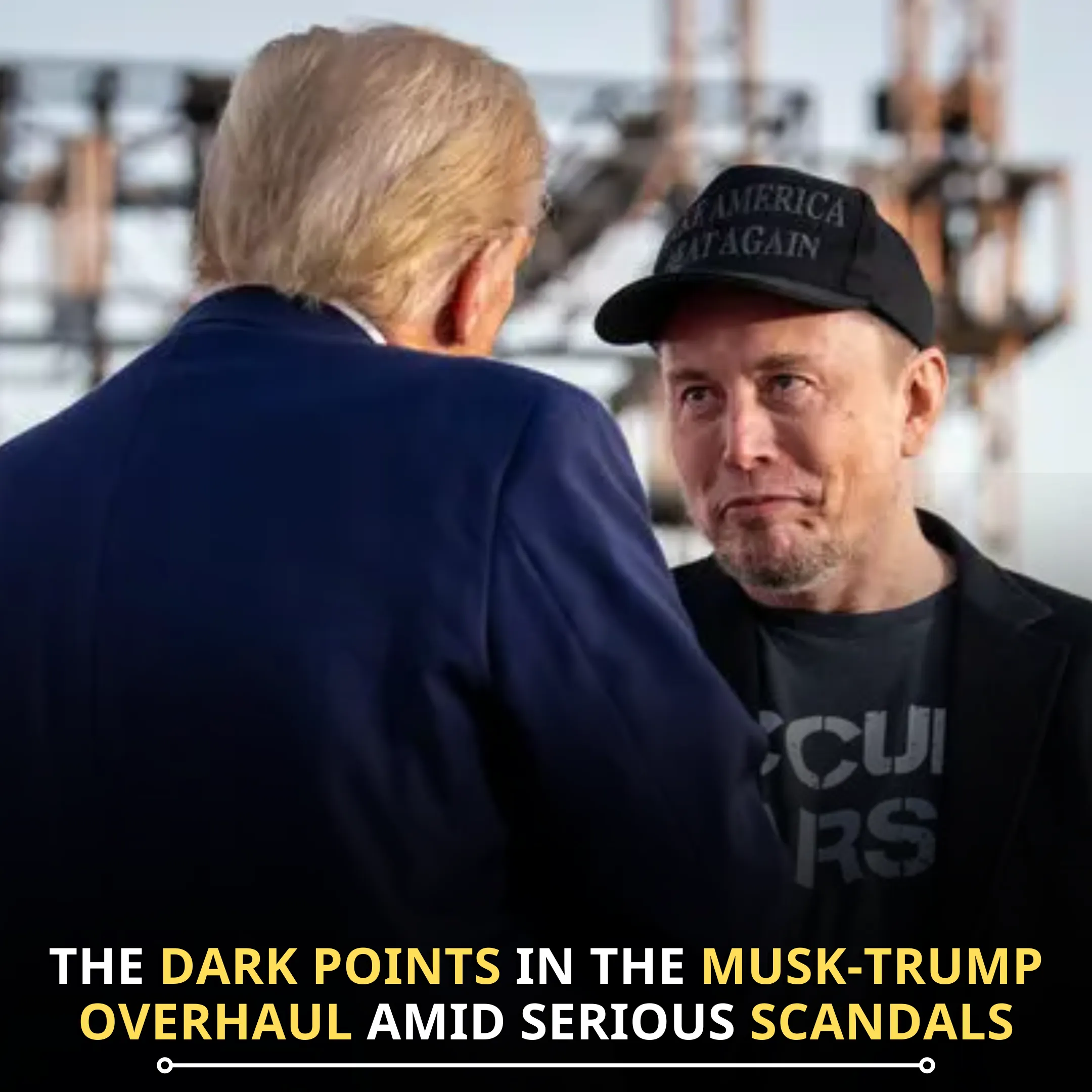
Senator Bernie Sanders (I-Vt.) expressed deep concern about the current state of American politics, describing what he sees as a dangerous rise in authoritarianism and growing corporate power under figures like Elon Musk and former President Donald Trump. In a recent interview on "Pod Save America" with Jon Lovett, Sanders painted a dire picture of a nation slipping toward what he believes is an oligarchic system, where the concentration of wealth and power undermines the democratic ideals of equality and fairness.
“These are the scariest times in my life,” Sanders said, referring to the increasing influence of billionaires like Musk, who owns Twitter, and their ability to shape public discourse. According to Sanders, the immense power held by a few wealthy individuals, combined with their political influence, is rapidly moving the country toward authoritarianism.
He emphasized that the current moment is not simply about tax breaks for the rich and cuts to social programs for working people—issues he noted have been ongoing—but about the dangerous accumulation of power by a select few.
“It is not just that they want to give tax breaks to billionaires and cut programs for working people. Frankly, that’s happened before,” Sanders explained. “But when you combine that with the power of the oligarchy in general, when you combine that with Mr. Musk owning Twitter and being able to send out his messages to hundreds of millions of people, that becomes an entirely different and more dangerous situation.”
For Sanders, the growing influence of wealthy figures like Musk and Jeff Bezos—who owns The Washington Post—is emblematic of a broader trend toward an oligarchic system. He pointed out that Bezos has significantly altered the editorial direction of The Washington Post, shifting its focus toward promoting free-market ideals and personal liberties, which he views as a troubling move away from the paper’s historical commitment to objective reporting.
“People like Bezos, the second-wealthiest person in the country, fired or got rid of most of his editorial staff and turned it into a right-wing thing,” Sanders said, alluding to the shift in editorial priorities that many have criticized as an effort to align the paper more closely with conservative values. According to Sanders, these moves reflect a larger pattern of the ultra-wealthy exerting control over media and public discourse, which has the potential to shape political outcomes to suit their interests.

One of Sanders’ main concerns is the growing power of the media and tech moguls, which he argues undermines democracy. He described the situation as a “movement toward authoritarianism,” a term he used to encapsulate what he believes is a coordinated effort to centralize control and reduce public accountability.
Sanders specifically pointed to former President Trump’s repeated attacks on the media and his legal threats against public broadcasters like PBS and NPR.
“Trump is suing major media outlets and threatening to investigate PBS and NPR,” Sanders stated, underscoring his belief that Trump’s actions represent an attempt to stifle free speech and further consolidate power within the executive branch. Sanders has been outspoken about the need for a free and independent press, which he argues is essential to holding those in power accountable.
Sanders’ warning about the dangers of concentrated wealth and political power is not just a critique of Musk and Bezos, but of the broader political and legal landscape that he sees enabling such abuses. He highlighted the way Trump has used his position to wield power over federal funding and government agencies, even going so far as to freeze congressionally appropriated funds without approval, which Sanders described as an illegal and unconstitutional act.
“When Trump unilaterally cuts federal funding that was passed by Congress, that is illegal, that is unconstitutional,” Sanders said firmly, stressing that no president, regardless of political affiliation, should have the unchecked ability to bypass the legislative process and make decisions on spending that affect the nation as a whole.
Sanders also criticized the vice president’s assertion that the courts do not have the right to stop unconstitutional acts by the president, describing this as a dangerous step toward autocracy. “When you have the vice president saying, well, in his judgment, the courts don’t have the right to stop unconstitutional acts of the president, man, that is authoritarianism,” Sanders argued.
He expressed concern that such statements signal an erosion of the democratic checks and balances that were carefully crafted by the country’s Founding Fathers.

According to Sanders, the current political climate represents a moment of significant peril for American democracy. He argued that the system of checks and balances—one of the cornerstones of the U.S. government—was designed to prevent any one branch of government from becoming too powerful.
However, with the increasing concentration of power in the hands of a few individuals and the growing disregard for constitutional limits, Sanders believes that the country is heading down a dangerous path.
“This is a scary moment,” Sanders declared, emphasizing that the threats to democracy and the rule of law are not abstract concerns but tangible risks that are being acted upon by powerful individuals in the political and corporate spheres.
Sanders’ remarks reflect a deepening sense of urgency among progressives about the direction of the country. For him, the unchecked power of individuals like Musk and Trump is not just a concern about their personal wealth or influence, but about the larger systemic risks posed by a society in which wealth and power are increasingly concentrated in the hands of a few.
He sees these developments as part of a broader threat to the ideals of equality, fairness, and democracy that the United States was founded upon.
As the 2024 election cycle approaches, Sanders has been outspoken about the need for a united and vigorous resistance to what he sees as a growing tide of authoritarianism. He has urged his fellow Democrats to recognize the dangers posed by the concentration of power in the hands of a few wealthy individuals and to take action to counter it.

For Sanders, the fight for economic justice, political accountability, and democratic freedoms is more important than ever, and he believes the American people must take a stand against the forces that threaten to undermine these values.

-1742199960-q80.webp)

